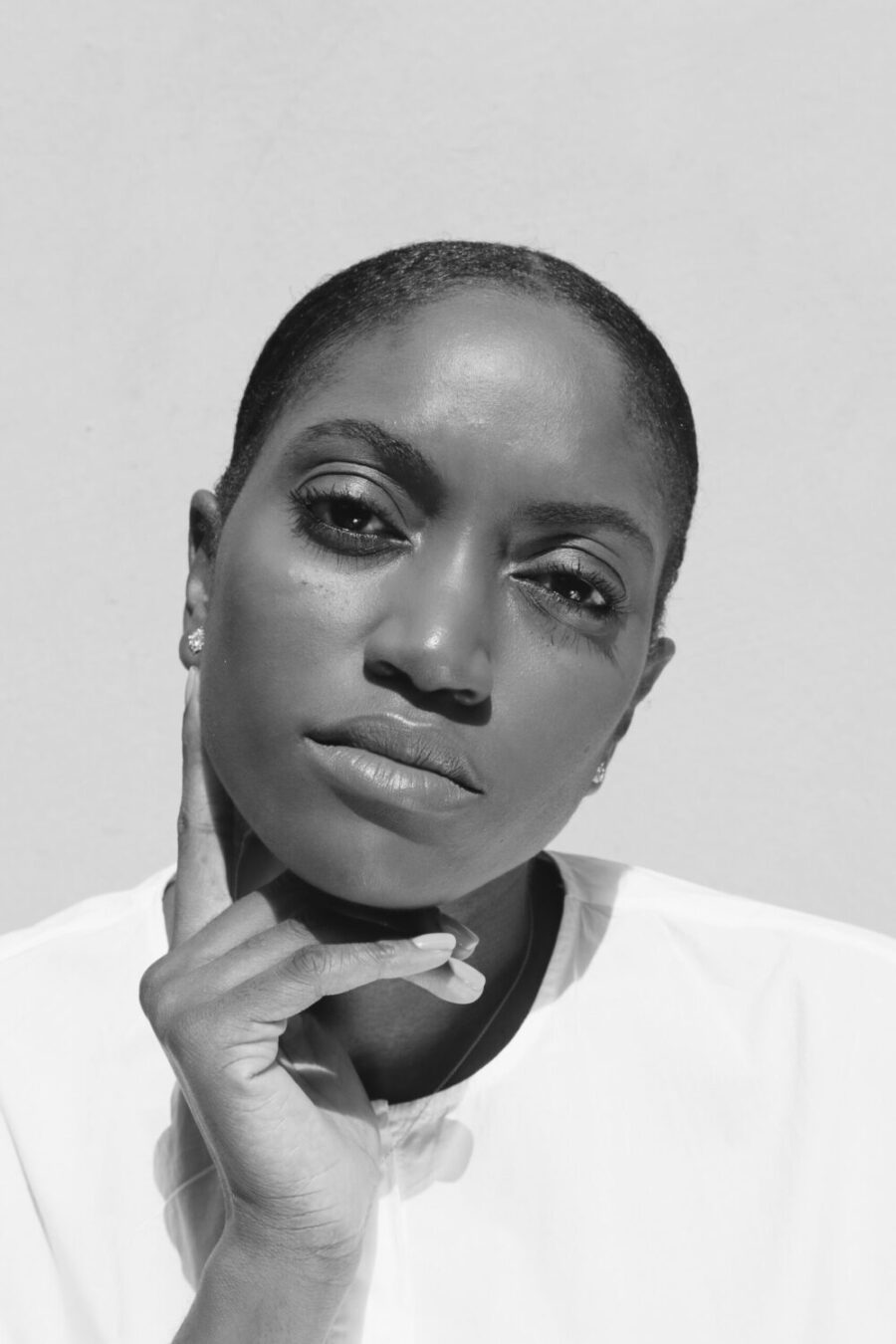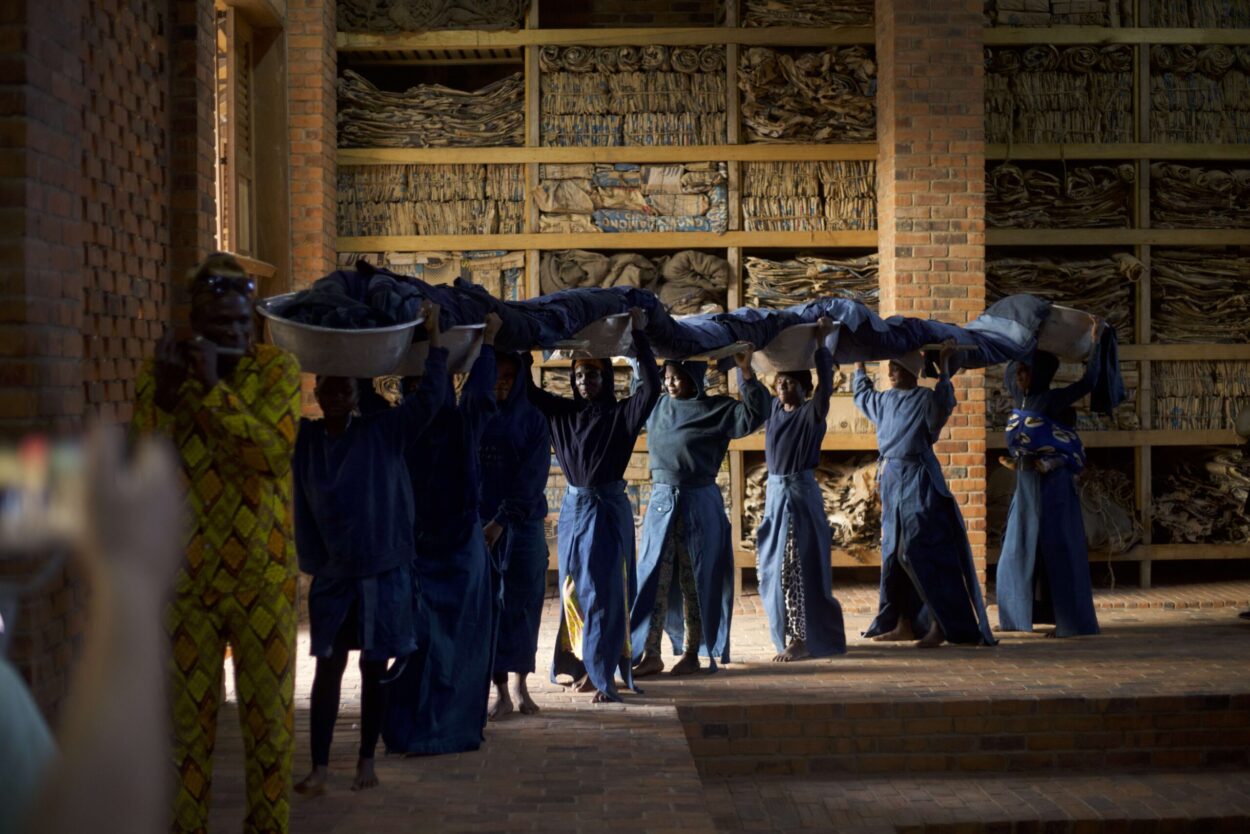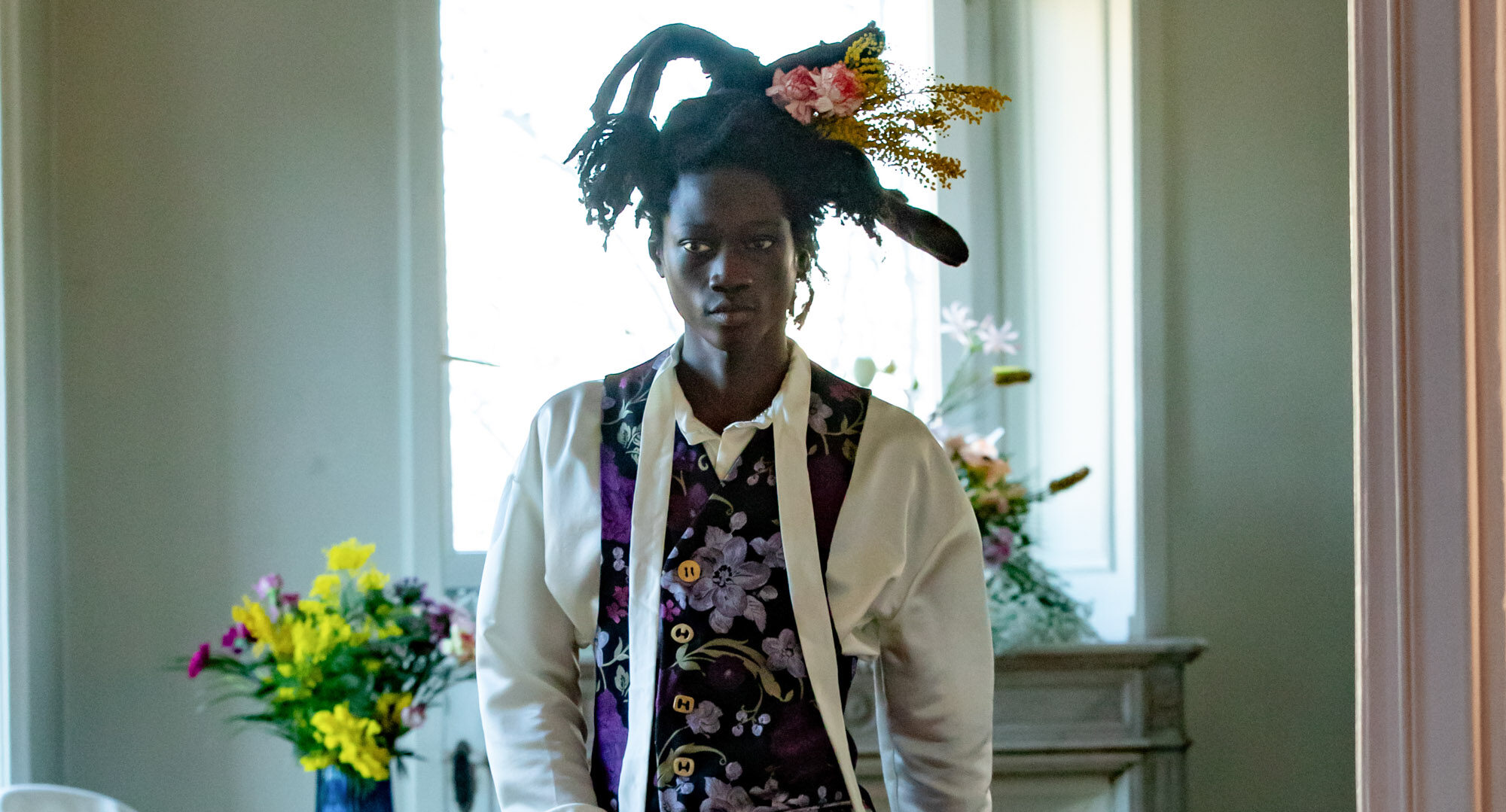Get to know Roundabout, the gatekeeper-free knowledge source on sustainability and circularity
Zara Odu is uniting Africa’s sustainability visionaries with Roundabout. The digital network offers a space where this growing community can share insights and resources, spark ideas and collaborate. Launched in 2023, it’s already attracted labels such as Post-Imperial, Nkwo, I.AM.ISIGO and Dye Lab and initiatives including Bukomansimbi Organic Tree Farmers Association as well as tech upstarts ADD.apt and Rethread Africa. Conversations have ranged from merino wool felting in South Africa to turning agro waste into fine art.
Lagos-based Odu has worked in fashion consultancy for over a decade and now puts her expertise into shaping the industry’s next chapter.



